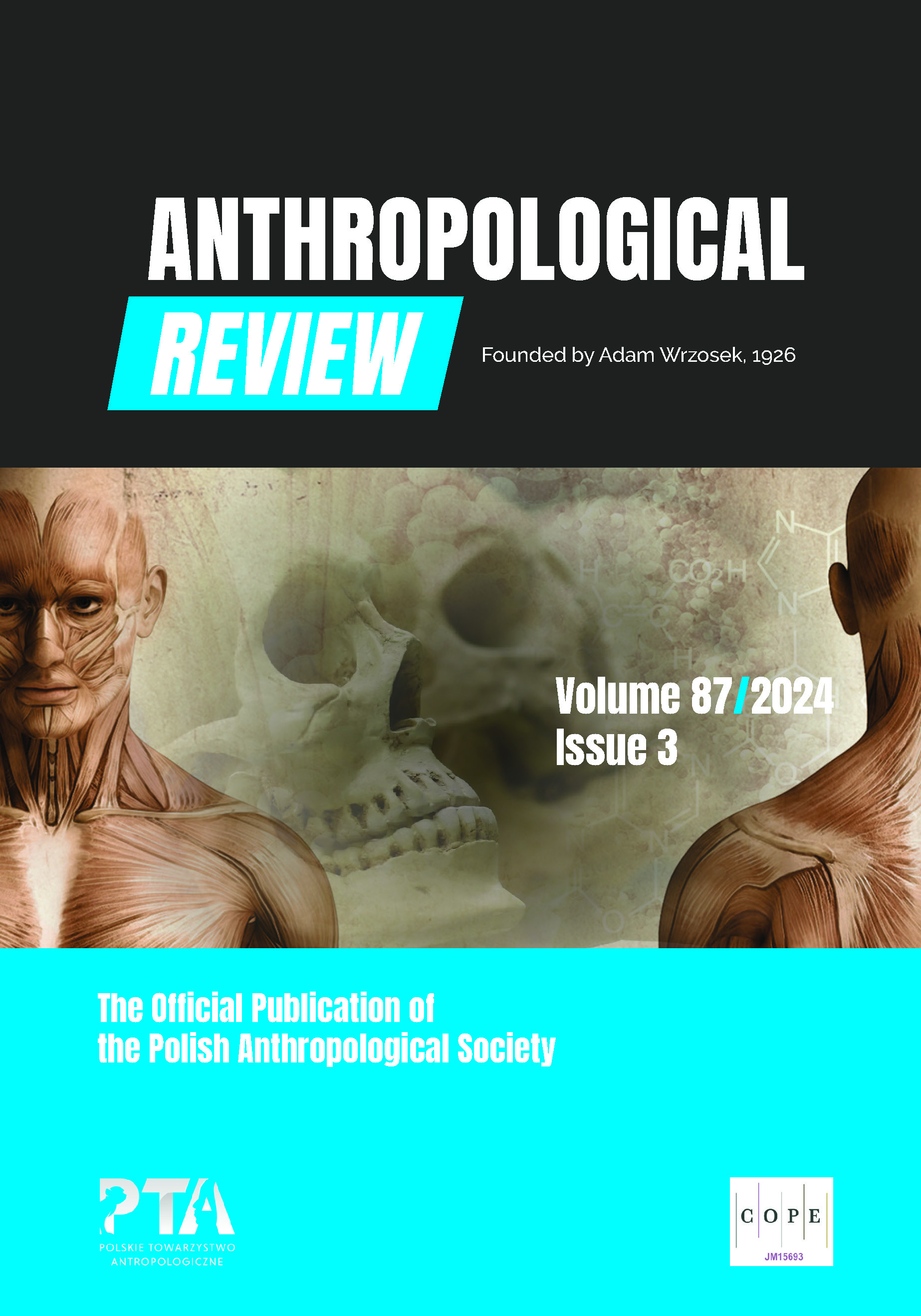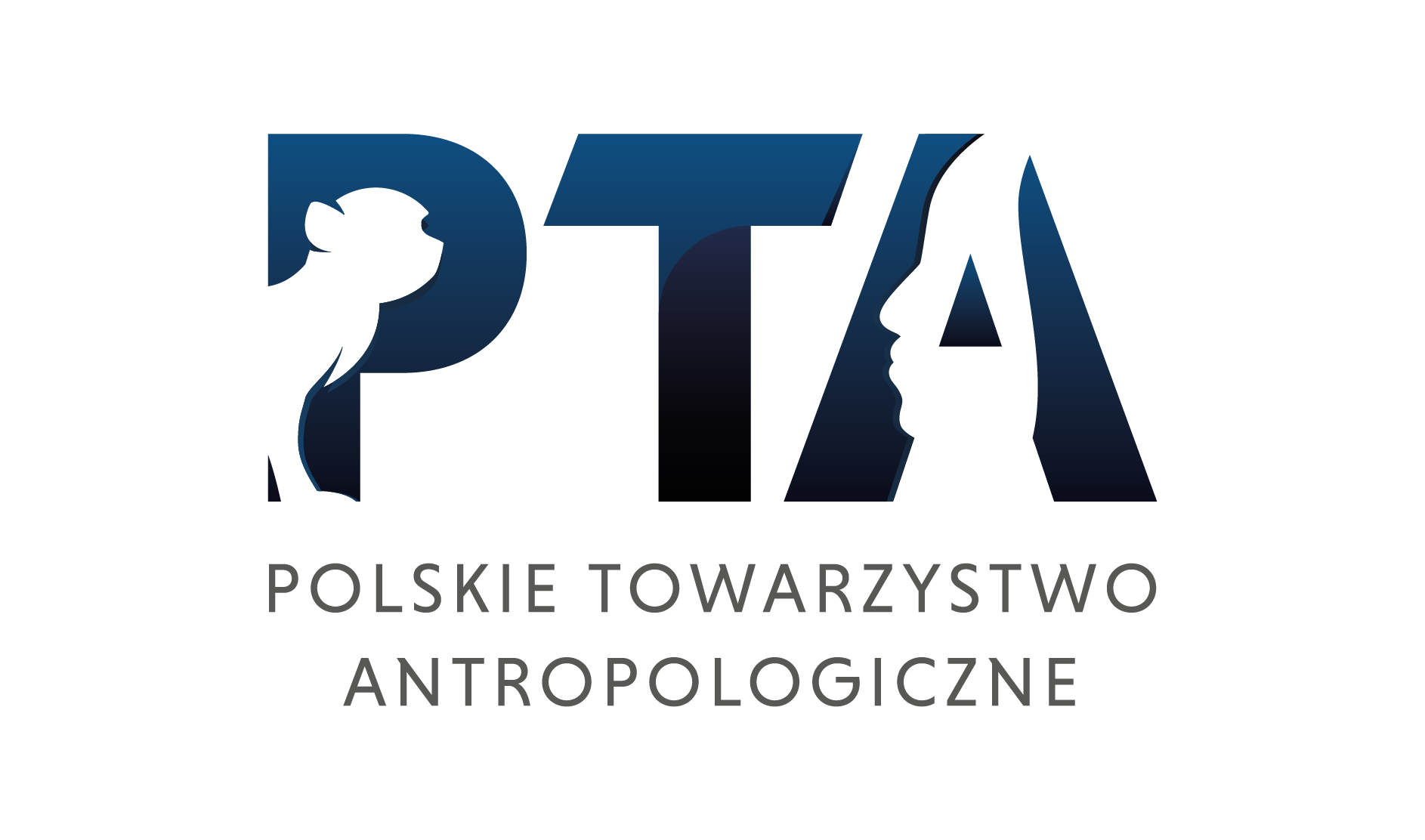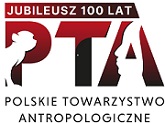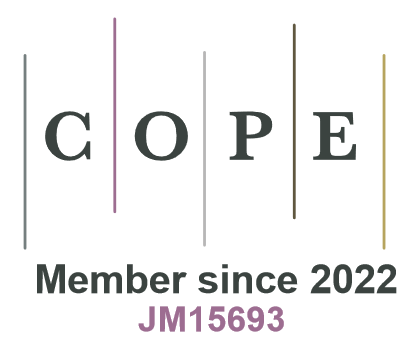Translation practices in cross-cultural social research and guidelines for the most popular approach: back-translation
DOI:
https://doi.org/10.18778/1898-6773.87.3.02Keywords:
forward-back translation, brislin, research methods, linguistic recommendationsAbstract
In recent years, there has been a notable increase in the number of cross-cultural research, marking a positive shift from the predominantly WEIRD (Western, Educated, Industrialized, Rich, and Democratic) scientific focus. Most people are not WEIRD, and thus, such a trend is widely appraised. However, cross-cultural research bears many risks, one of which is a language barrier. Conducting studies in various populations that communicate in different languages results in the need to translate the study materials. A proper translation is essential for ensuring the validity and reliability of the data. This study aims to discuss translational practices in cross-cultural research, based on the analysis of studies published between 2017 and 2021 in two respected in cross-cultural social research journals (i.e., Cross-Cultural Research and Journal of Cross-Cultural Psychology). The results revealed that one fifth of the analyzed studies lacked crucial information regarding translation procedures. Among the studies that did report on translation methods, back-translation was the most popular approach, with nearly half of the studies utilizing this technique. The recommendations for cross-cultural researchers are outlined, with an emphasis on the sufficient description of the samples, including their nationality and used language. In addition, guidelines for the back-translation are reiterated: 1) forward and 2) back translation, 3) versions’ comparison, 4) pilot study, and 5) revision of the final version.
Downloads
References
Aguinis H, Ramani RS, Alabduljader N. 2018. What you see is what you get? Enhancing methodological transparency in management research. Acad of Manag Annals 12(1): 83–110. https://doi.org/10.5465/annals.2016.0011
View in Google Scholar
Arnett JJ. 2016. The neglected 95%: Why American psychology needs to become less American. 4th edition. Washington: American Psychological Association. https://doi.org/10.1037/14805-008
View in Google Scholar
ASP. 2020. Awards 2020. Association for Psychological Science. https://www.psychologicalscience.org/2020awards/ [Accessed 10 December 2023].
View in Google Scholar
Bernard M. 2014. What does acting out mean and what can you do to help? – Inside Family Counseling. Inside Family Counseling LLC. http://insidefamilycounseling.com/what-does-acting-out-mean/
View in Google Scholar
Brislin RW. 1970. Back-translation for cross-cultural research. J of Cross-Cult Psych 13:185–216. https://doi.org/10.1177/135910457000100301
View in Google Scholar
Brislin RW. 1983. Cross-Cultural Research in Psychology. Ann Rev of Psych 341:363–400. https://doi.org/10.1146/annurev.ps.34.020183.002051
View in Google Scholar
Cha ES, Kim KH, Erlen JA. 2007. Translation of scales in cross-cultural research: Issues and techniques. J of Adv Nur 584:386–395. https://doi.org/10.1111/j.1365-2648.2007.04242.x
View in Google Scholar
Chen MK. 2013. The effect of language on economic behavior: Evidence from savings rates health behaviors and retirement assets. Am Ec Rev 1032:690–731. https://doi.org/10.1257/aer.103.2.690
View in Google Scholar
Choi J, Kushner KE, Mill J, Lai DWL. 2012. Understanding the language the culture and the experience: Translation in cross-cultural research. Int J of Qual Met 115:652–665. https://doi.org/10.1177/160940691201100508
View in Google Scholar
Christensen G, Freese J, Miguel E. 2019. Transparent and reproducible social science research: How to do open science. Berkeley: University of California Press. https://doi.org/10.2307/j.ctvpb3xkg
View in Google Scholar
Coles NA, Hamlin JK, Sullivan LL, Parker TH, Altschul D. 2022. Build up big-team science. Nature 6017894:505–507. https://doi.org/10.1038/d41586-022-00150-2
View in Google Scholar
Coughlin CE, Tremblay A. 2013. Proficiency and working memory based explanations for nonnative speakers’ sensitivity to agreement in sentence processing. App Psylin 343:615–646. https://doi.org/10.1017/S0142716411000890
View in Google Scholar
Croskerry P. 2010. To err is human—And let’s not forget it. CMAJ: Cand Med Assoc J 1825:524. https://doi.org/10.1503/cmaj.100270
View in Google Scholar
Curtarelli M, Van Houten G. 2018. Questionnaire translation in the European Company Survey: Conditions conducive to the effective implementation of a TRAPD-based approach. Inter J of Transl and Interp Res 102:34–54. https://doi.org/10.12807/ti.110202.2018.a04
View in Google Scholar
Douglas SP, Craig CS. 2007. Collaborative and iterative translation: An alternative approach to back translation. J of Intern Mark 151:30–43. https://doi.org/10.1509/jimk.15.1.030
View in Google Scholar
Ennett ST, Tobler NS, Ringwalt CL, Flewelling RL. 1994. How effective is drug abuse resistance education? A meta-analysis of Project DARE outcome evaluations. Amer J of Pub Health 849:1394–1401. https://doi.org/10.2105/AJPH.84.9.1394
View in Google Scholar
Epstein J, Osborne RH, Elsworth GR, Beaton DE, Guillemin F. 2015. Cross-cultural adaptation of the Health Education Impact Questionnaire: Experimental study showed expert committee not back-translation added value. J of Clin Epidm 684:360–369. https://doi.org/10.1016/j.jclinepi.2013.07.013
View in Google Scholar
Fink R. 1963. Interviewer training and supervision in a survey of Laos. Intern Soc Sc J 15:21–34.
View in Google Scholar
Flake JK, Davidson IJ, Wong O, Pek J. 2022. Construct validity and the validity of replication studies: A systematic review. Amer Psych 774:576–588. https://doi.org/10.1037/amp0001006
View in Google Scholar
Gislén A, Warrant EJ, Dacke M, Kröger RHH. 2006. Visual training improves underwater vision in children. Vis Res 4620:3443–3450. https://doi.org/10.1016/j.visres.2006.05.004
View in Google Scholar
Hadjichristidis C, Geipel J, Keysar B. 2019. The influence of native language in shaping judgment and choice. In: Srinivasan N, editor. Progress in Brain Research, 253–272.
View in Google Scholar
Hadjichristidis C, Geipel J, Surian L. 2017. How foreign language affects decisions: Rethinking the brain-drain model. J of Intern Bus Stud 485:645–651. https://doi.org/10.1057/s41267-016-0040-1
View in Google Scholar
Hagan S, Swartz L, Kilian S, Chiliza B, Bisogno P, Joska J. 2013. The accuracy of interpreting key psychiatric terms by ad hoc interpreters at a South African psychiatric hospital. Afr J of Psych 166. https://doi.org/10.4314/ajpsy.v16i6.54
View in Google Scholar
Henrich J. 2008. A cultural species. In Brown M, editor. Explaining culture scientifically. Seattle: University of Washington Press. 184–210.
View in Google Scholar
Henrich J, Heine SJ, Norenzayan A. 2010. The weirdest people in the world? Beh and Br Sci 332–3:61–83. https://doi.org/10.1017/S0140525X0999152X
View in Google Scholar
Hudson K. 1978. The jargon of the professions. Berlin: Springer.
View in Google Scholar
Hulin CL. 1987. A psychometric theory of evaluations of Item and Scale Translations: Fidelity Across Languages. J of Cross-Cult Psych 182:115–142. https://doi.org/10.1177/0022002187018002001
View in Google Scholar
Klein V, Savaş Ö, Conley TD. 2022. How WEIRD and androcentric is sex research? Global inequities in study populations. J of Sex Res 597:810-817. https://doi.org/10.1080/00224499.2021.1918050
View in Google Scholar
Klotz AC, Swider BW, Kwon SH. 2023. Back-translation practices in organizational research: Avoiding loss in translation. J of Appl Psych 1085:699–727. https://doi.org/10.1037/apl0001050
View in Google Scholar
Kokol P. 2019. Funded and non-funded research literature in software engineering in relation to country determinants. COLLNET J of Scient and Infor Man 131:103–109. https://doi.org/10.1080/09737766.2018.1560637
View in Google Scholar
Kowal M, Sorokowski P, Kulczycki E, Żelaźniewicz A. 2022. The impact of geographical bias when judging scientific studies. Scientomet 127: 265-273. https://doi.org/10.1007/s11192-021-04176-7
View in Google Scholar
Kowal M, Sorokowski P, Dinić BM, Pisanski K, Gjoneska B, et al. 2024. Validation of the Short Version TLS-15 of the Triangular Love Scale TLS-45 across 37 Languages. Arch of Sex Beh 53:839–857. https://doi.org/10.1007/s10508-023-02702-7
View in Google Scholar
Li Y, Teng W, Tsai L, Lin TMY. 2022. Does English proficiency support the economic development of non-English-speaking countries? The case of Asia. Int J of Educ Dev 92:102623. https://doi.org/10.1016/j.ijedudev.2022.102623
View in Google Scholar
Lieberoth A, Lin SY, Stöckli S, Han H, Kowal M, Gelpi R, et al. 2021. Stress and worry in the 2020 coronavirus pandemic: Relationships to trust and compliance with preventive measures across 48 countries in the COVIDiSTRESS global survey. Roy Soc Op Sci 82:200589. https://doi.org/10.1098/rsos.200589
View in Google Scholar
Maneesriwongul W, Dixon JK. 2004. Instrument translation process: A methods review. J of Adv Nurs 482:175–186. https://doi.org/10.1111/j.1365-2648.2004.03185.x
View in Google Scholar
Milfont TL, Fischer R. 2010. Testing measurement invariance across groups: Applications in cross-cultural research. Intern J of Psych Res 31:Article 1. https://doi.org/10.21500/20112084.857
View in Google Scholar
Morgan E, Zahl B. 2021. Beyond WEIRD: Why we need to make psychology and social science research more inclusive. Templeton world charity foundation. https://live-templeton-next-nhemv.appa.pantheon.site//blog/beyond-weird-why-we-need-make-psychology-and-social-science-research-more-inclusive [Accessed 10 December 2023].
View in Google Scholar
Moshontz H, Campbell L, Ebersole CR, IJzerman H, Urry HL, Forscher PS, et al. 2018. The Psychological Science Accelerator: Advancing Psychology Through a Distributed Collaborative Network. Adv in Meth and Prac in Psych Sci 14:501–515. https://doi.org/10.1177/2515245918797607
View in Google Scholar
Pavlenko A. 2012. Affective processing in bilingual speakers: Disembodied cognition? Intern J of Psych 476:405–428. https://doi.org/10.1080/00207594.2012.743665
View in Google Scholar
Pennell BE, Hibben KC, Lyberg LE, Mohler PP, Worku G. 2017. A total survey error perspective on surveys in multinational multiregional and multicultural contexts. In total survey error in practice. Hoboken: John Wiley & Sons Ltd. 179–181.
View in Google Scholar
Petrosino A, Turpin-Petrosino C, Finckenauer JO. 2000. Well-meaning programs can have harmful effects! Lessons from experiments of programs such as scared straight. Crime & Delinquency 463:354–379. https://doi.org/10.1177/0011128700046003006
View in Google Scholar
Phillips WL. 2019. Cross-cultural differences in visual perception of color illusions depth and pictures. In Cross-Cultural Psychology. Hoboken: John Wiley & Sons Ltd. 287–288.
View in Google Scholar
Pollet TV, Saxton TK. 2019. How diverse are the samples used in the journals ‘Evolution & Human Behavior’ and ‘Evolutionary Psychology’? Evol Psych Sci 53:357–368. https://doi.org/10.1007/s40806-019-00192-2
View in Google Scholar
Rad MS, Martingano AJ, Ginges J. 2018. Toward a psychology of Homo sapiens: Making psychological science more representative of the human population. Proc Natl Acad Sci 11545:11401–11405. https://doi.org/10.1073/pnas.1721165115
View in Google Scholar
Roberts L, Felser C. 2011. Plausibility and recovery from garden paths in second language sentence processing. Appl Psychlin 322:299–331. https://doi.org/10.1017/S0142716410000421
View in Google Scholar
Salomone R. 2022. The rise of English: Global politics and the power of language. Oxford: Oxford University Press.
View in Google Scholar
Schaffer BS, Riordan CM. 2003. A review of cross-cultural methodologies for organizational research: A best-practices approach. Organ Res Met 62:169–215. https://doi.org/10.1177/1094428103251542
View in Google Scholar
Sinaiko H. 1963. Teleconferencing: Preliminary experiments. Institute for Defense Analyses: Research and Engineering Support Division. Res Paper 108:1–52.
View in Google Scholar
Skopec M, Issa H, Reed J, Harris M. 2020. The role of geographic bias in knowledge diffusion: A systematic review and narrative synthesis. Res Int and Peer Rev 51:2. https://doi.org/10.1186/s41073-019-0088-0
View in Google Scholar
Sorokowski P, Kowal M, Sternberg RJ, Aavik T, Akello G, Alhabahba MM, et al. 2023. Modernization collectivism and gender equality predict love experiences in 45 countries. Sci Rep 131 Article 1. https://doi.org/10.1038/s41598-022-26663-4
View in Google Scholar
Spector PE, Liu C, Sanchez JI. 2015. Methodological and substantive issues in conducting multinational and cross-cultural research. Ann Rev of Organ Psych and Organ Beh 21:101–131. https://doi.org/10.1146/annurev-orgpsych-032414-111310
View in Google Scholar
Sternberg RJ. 1986. A triangular theory of love. Psych Rev 93:119–135. https://doi.org/10.1037/0033-295X.93.2.119
View in Google Scholar
Survey Research Center. 2016. Guidelines for best practice in cross-cultural Surveys. Survey Research Center Institute for Social Research University of Michigan. http://www.ccsg.isr.umich.edu/ [Accessed 10 December 2023].
View in Google Scholar
Thalmayer AG, Toscanelli C, Arnett JJ. 2021. The neglected 95% revisited: Is American psychology becoming less American? Amer Psych 76:116–129. https://doi.org/10.1037/amp0000622
View in Google Scholar
Tindle R. 2021. Improving the global reach of psychological research. Disc Psych 11:5. https://doi.org/10.1007/s44202-021-00004-4
View in Google Scholar
Tyupa S. 2023. A theoretical framework for back-translation as a quality assessment tool. New Voices in Transl Stud 71:35–46. https://doi.org/10.14456/nvts.2011.4
View in Google Scholar
Valdez D, Montenegro MS, Crawford BL, Turner RC, Lo WJ, Jozkowski KN. 2021. Translation frameworks and questionnaire design approaches as a component of health research and practice: A discussion and taxonomy of popular translation frameworks and questionnaire design approaches. Soc Sci & Med 278:113931. https://doi.org/10.1016/j.socscimed.2021.113931
View in Google Scholar
van de Vijver FJR, Leung K. 2011. Equivalence and bias: A review of concepts models and data analytic procedures. In: Cross-cultural research methods in psychology. Cambridge: Cambridge University Press. 17–45
View in Google Scholar
Vandevoorde L, Daems J, Defrancq B. 2019. New Empirical Perspectives on Translation and Interpreting. Abingdon-on-Thames: Routledge.
View in Google Scholar
Vujcich D, Roberts M, Gu Z, Kao SC, Lobo R, Mao L, et al. 2021. Translating best practice into real practice: Methods results and lessons from a project to translate an English sexual health survey into four Asian languages. PloS one 1612:e0261074. https://doi.org/10.1371/journal.pone.0261074
View in Google Scholar
Weiner IB, Reynolds WM, Miller GE. 2012. Handbook of psychology educational psychology. Hoboken: John Wiley & Sons.
View in Google Scholar
Werner O, Campbell D. 1969. Translating working through interpreters and the problem of decentering. In Naroll R, editor. A handbook of cultural anthropology. New York: American Museum of Natural History.
View in Google Scholar
Downloads
Published
Versions
- 07-11-2024 (2)
- 05-09-2024 (1)
How to Cite
Issue
Section
License

This work is licensed under a Creative Commons Attribution-NonCommercial-NoDerivatives 4.0 International License.









